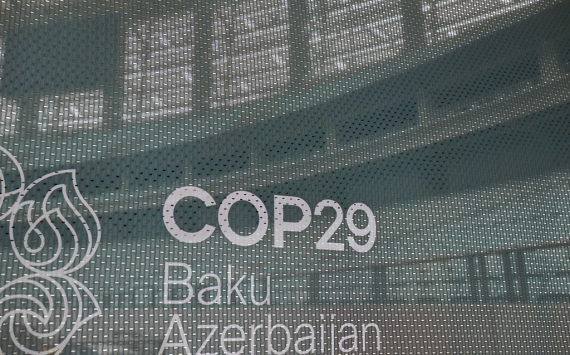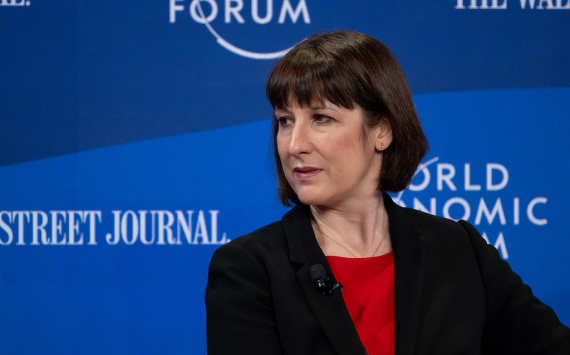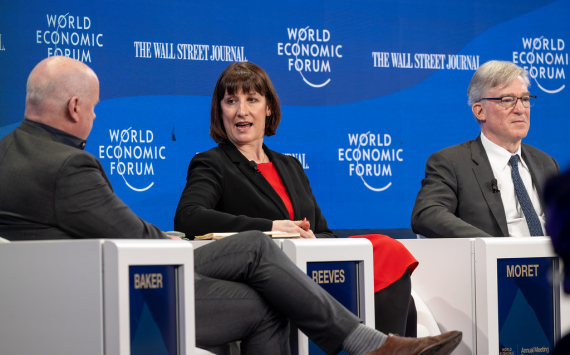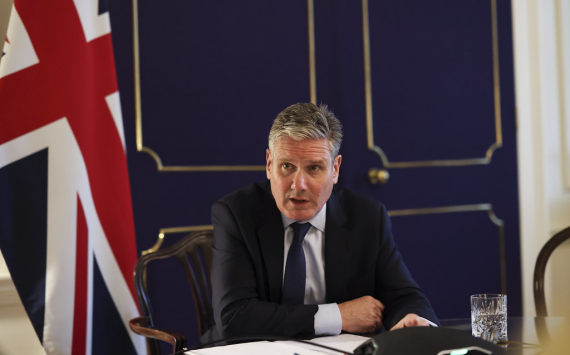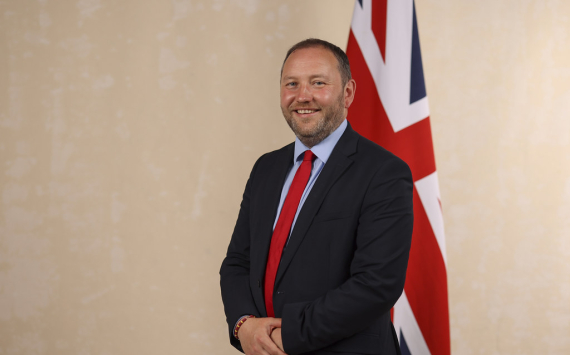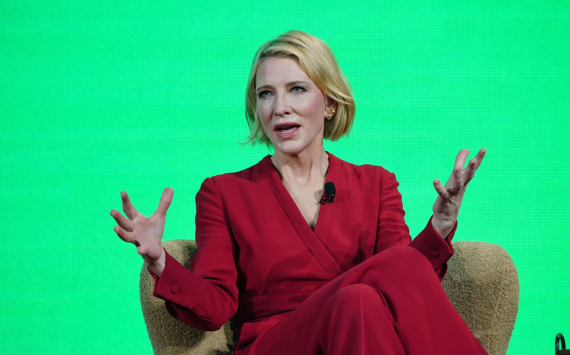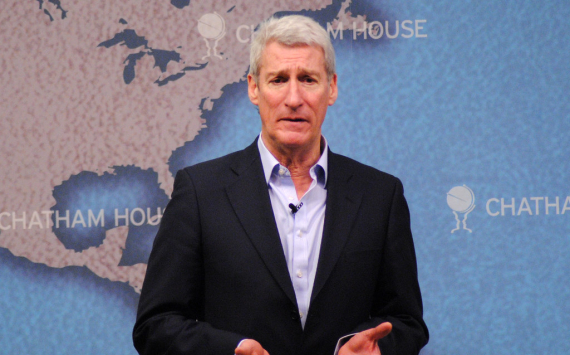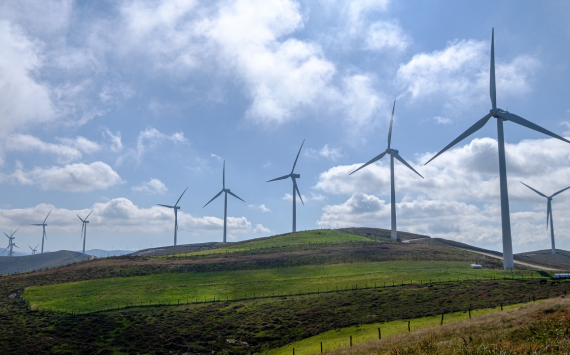
Price hikes
British regulator Ofgem announced on Thursday it would raise the electricity price cap from January, bringing the average price per kWh to 67p, up from 34p on October 1.
The energy regulator said on Thursday that its price ceiling would reach the equivalent of £4,279 a year for the average household from January.
Ofgem said the cap, which is adjusted each quarter, would increase by £730 over three months from the start of next year. However, the government's Energy Price Guarantee (EPG) caps the typical UK annual bill to £2,500 over the same period.
Although the importance of the Ofgem price ceiling to households is reduced by the EPG, it still matters because the cost of the Treasury's bill subsidy is linked to the difference between the two.
The government provides energy suppliers with the difference between the unit rate under the EPG and what they would charge their customers if it were not in place, the rate set by the Ofgem cap.
The new cap would make the Treasury pay 33p per unit of electricity and almost 7p per unit of gas used by households. Energy consultancy Auxilione said it would raise the cost of operating the EPG from £7.8bn in the last three months of 2022 to £15.1bn in the first three months of next year.
Energy supplier Ovo estimates the government will pay around 33p each time someone uses their oven for half an hour or an electric shower for six minutes.
Chancellor Jeremy Hunt said in a statement last week in the autumn that the EPG would be raised to £3,000 for a typical household from April, which should reduce the amount the Treasury has to pay in subsidy.
Average household bills were capped at £1,277 a year ago, in line with Ofgem's price ceiling. This was due to rise to £3,549 from October.
However, former prime minister Liz Truss stepped in to introduce the EPG within two years. Hunt later reduced it to six months and then extended it by 12 months from April.
Consulting firm Cornwall Insight predicts the EPG will cost the government £42bn in full, which is about £2.3bn a month. Investec estimates the policy will cost £24bn, or an average of £4bn a month, over the first six months.







